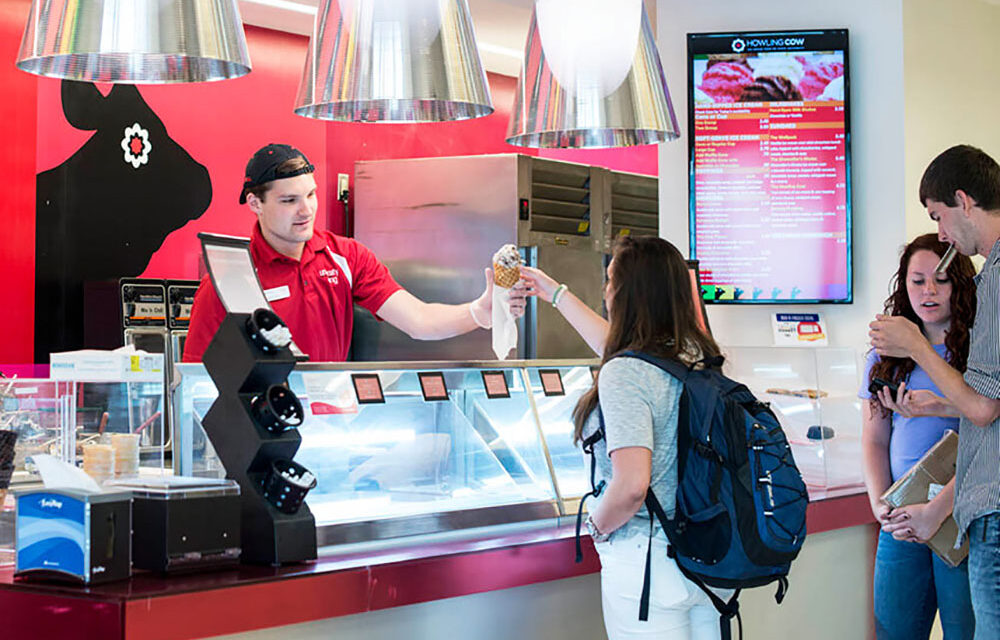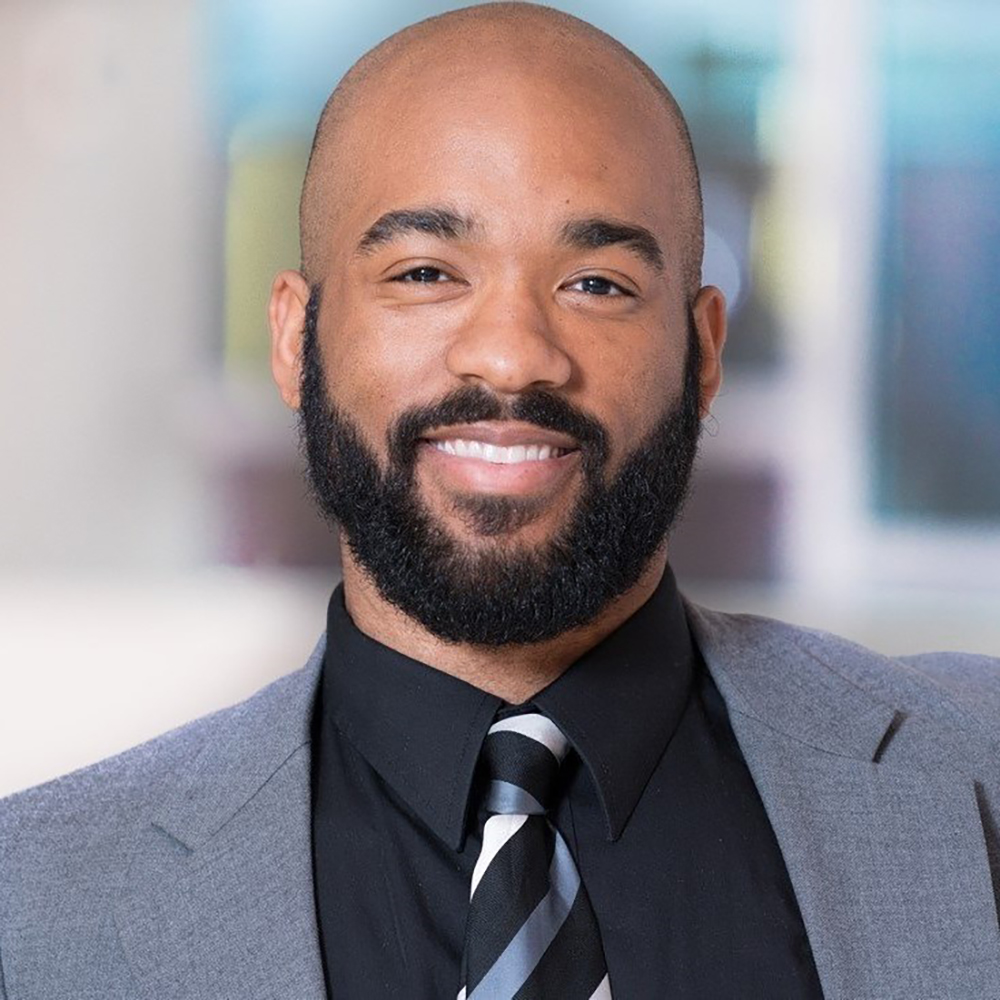Elikem Dodor | Editor-in-Chief
Time and time again, Black NC State students experience racism at a place they are supposed to be able to call home.
Nubian Message was able to sit down with Farrah Waddell, a first-year Life Science student with the intent to major in Cellular Molecular and Developmental Biology. Within her first days on campus, she was subjected to harassment through racial slurs and public intimidation from fellow NCSU students.
NM: Could you describe in detail what happened to you?
FW: On August 12th at around 10:08 pm, my friend and I entered the howling Cow marketplace to find something to eat. Soon after we entered the store a group of about five [white] men came in clearly intoxicated. As they fell in line they kept getting uncomfortably close to my friend and I even after SEVERAL attempts to show them we were uncomfortable and tried moving away. They still persisted and clearly tried to make us uncomfortable and intimidate us. Then we noticed how they kept snickering and looking over at us and then one man in the group called us niggers. My friend and I looked at each other and we moved through the line as quickly as we could and made sure we both had our pepper spray if the men continued to provoke us or were to attack us. My friend told me that she was about to have a panic attack so we left the store as quickly as possible. We then told our other friend what had happened to us and she and two other acquaintances tried to get footage of the group to submit a report.
NM: What actions did you take at a university level?
FW: I submitted a BIRT [Bias Impact Response Team] report the very same night and submitted the footage my friend took of the group. A day or two later, I along with my friend who got the footage had a meeting with someone from BIRT who said we could be connected to campus police (which I was hesitant about doing so because I knew that proper effort wouldn’t be put forth into our case). A detective from campus police met with us and told us that even with the video footage from security cameras within the marketplace and the footage we provided in our report the suspects couldn’t be identified and it was essentially a dead end.
NM: What did you hear back from the university?
FW: The detective told us that since there was no violence inflicted upon my friend and I no real action could be taken against their intimidation. Since the school has a policy that says that academic probation or any like discipline can’t be brought on because of the school’s “two strike-esque” policy they could not be reprimanded for racial harassment.
In the Code of Student Conduct, section 10.11 titled Harassment:
(a) No student shall threaten, coerce, harass or intimidate another person or identifiable group of persons, based upon the person’s membership in a protected class; or
(b) No student shall engage in harassment that creates a hostile environment. Harassment that creates a hostile educational environment includes conduct that is
(i) Directed toward a particular person or persons;
(ii) Based upon the person’s membership in a protected class;
(iii) Severe or pervasive;
(iv) Objectively offensive; and
(v) So unreasonably interferes with the target person’s employment, academic pursuits, or ability to participate in University programs or University-sponsored activities as to effectively deny equal access to the University’s resources and opportunities.
In determining whether student conduct violates these provisions, all relevant facts and circumstances shall be considered. Care must be exercised in order to preserve freedoms of speech and expression, as articulated in current legal standards. Advice should be sought from the Office of General Counsel and the Office of Institutional Equity and Diversity, as appropriate.
NM: Do you feel like NCSU did the best to protect you?
FW: From the get go I wanted the school to take responsibility and acknowledge what had happened and not try to sweep this issue under the rug because the school preaches about creating a safe environment for all and one that strives for racial equality. However on my SECOND day of classes my friend and I were called niggers and harassed by a group of white men and my friend was almost pushed into a panic attack. During the BIRT meeting all that was really communicated to us were the resources available to us if we were in need of counseling and not resources to bring justice or ensure that racism isn’t tolerated on campus. I don’t want counseling because I am not going to sit there and be sad that I was called a nigger; I am angry that these men have essentially gotten away with being racist and it feels as if the school is taking no real action in taking responsibility. Apart from the COVID-19 cases that continue to pop up on campus this whole ordeal has made me feel unsafe, unwelcome, and like my voice is unheard.
Sadly, Farrah’s story is not the first and probably not the last of its kind.
Since Jan. 27, 1994, there have been several incidents, documented in Nubian Message, of Black NCSU students experiencing racism on campus. Nubian Message published our first issue on November 30, 1992 — Black students were not allowed on campus until 1965 (even though the school was founded in 1887), therefore dozens of stories that have gone undocumented or overlooked by larger campus publications.
Within the 2019-2020 academic school year, we’ve seen: racial slurs spray painted in the free expression tunnel, racist GroupMe messages, “It’s Okay To Be White” flyers plastered around campus, students using racial slurs via social media platforms and so much more.
On June 18, 2020, Chancellor Woodson released a statement saying “I also hope you will join me in doing all we can to ensure a university climate that embraces, values and advances a diverse, inclusive and supportive campus culture.”
Farrah’s experience showcases that little to nothing can be or will be done when Black student’s are subjected to racial slurs and public intimidation on our campus.




